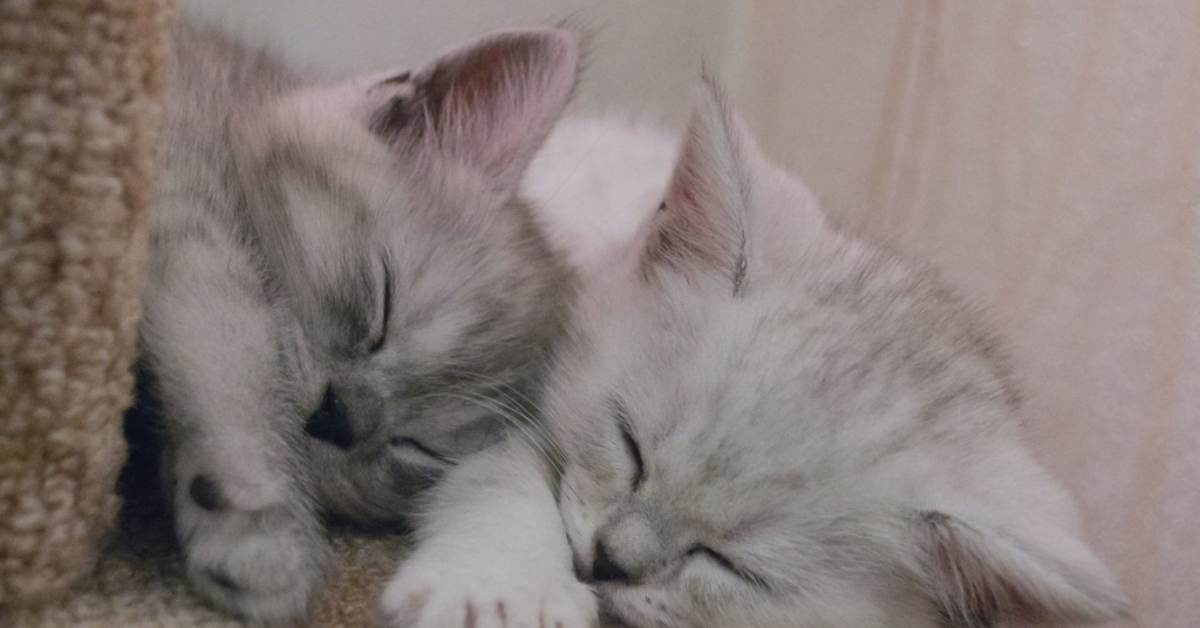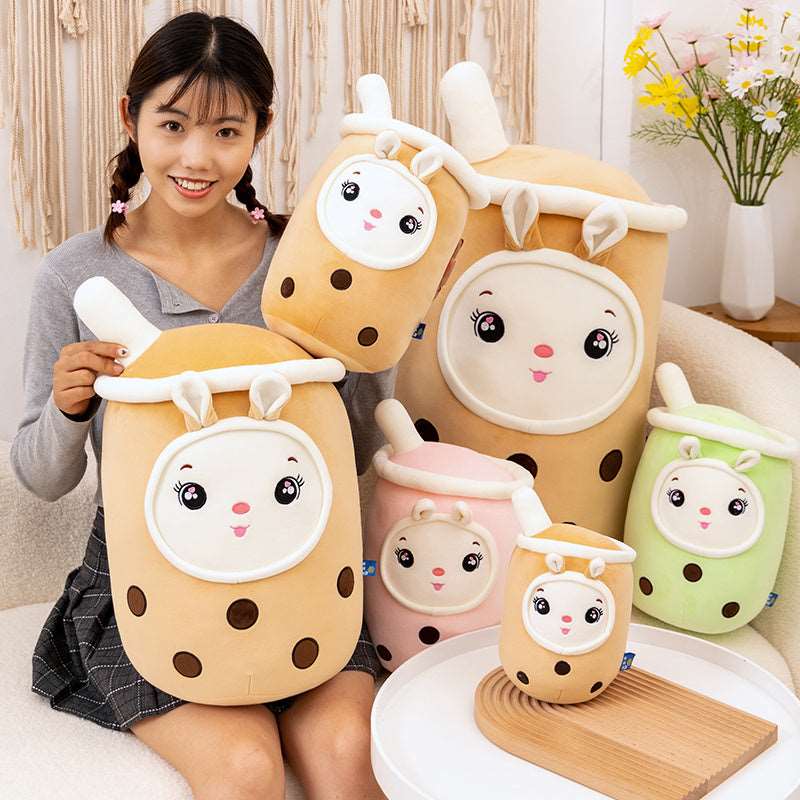

· By The Wakaii Team
Your Child & Plushies: When to Start and When to Stop
Plushies. They're soft, cuddly and kids adore them.
But when is the right time for these stuffed animals to enter your child's life?
And when do they outgrow them?
Let's dive right in!
When Should I Introduce Plushies to my Child?
Introducing plushies to your little one is a big step, and there's no one-size-fits-all approach.
Some folks might give their newborns a plushie right away, while others might hold off until their kiddo is a few months old.
But no matter when you decide to introduce a plushie, safety should always be your top priority.
For infants, it's super important to choose plushies that won't pose a choking hazard. And remember, size matters too. You don't want a plushie that's too big for your baby.
Pro Tip: Always give those safety labels a good read when you're picking out a plushie. You'll want to make sure the eyes and noses are securely fastened, the seams are well-sewn, and there aren't any small parts that could be swallowed.

When Can My Baby Sleep with their Plushie?
When it comes to plushies and infants, there's a crucial aspect we need to talk about: suffocation risks.
Even though your baby might love their plushie, it's best to keep the crib clear while they're sleeping.
Plushies should never be left in a baby's crib to prevent any risk of suffocation.
As your child grows older, around the age of 1 to 2 years, they'll be better able to handle their plushie safely.
At this age, they can start to enjoy the comfort and companionship of their plushie, both during the day and at bedtime. Just make sure the plushie isn't too big for them to handle safely.
But remember, every child is different, so it's important to observe your child and make decisions based on their individual development and needs.
Safety first, always!

How Do I Pick the Perfect Plushie For My Child?
Choosing the right plushie can be a fun and exciting process.
There are many things to consider when picking out a stuffed toy for your child, here are some of them:
- Consider your child's age
- Consider the size of the plushie
- Consider your budget
When Should My Child Stop Playing With Plushies?
There's no set age when kids should stop playing with plushies.
In fact, many kids continue to enjoy their plushies well into their teenage years and even adulthood.
Plushies provide comfort and security, and they often hold sentimental value.
So, whether your child is 5 or 15, it's perfectly okay for them to enjoy their plushies.
After all, is there really an age limit for stuffed animals? We don't think so!

Why Does My Child Love Plushies So Much?
Alright, so we've established that there's no age limit for enjoying plushies.
But what's the big deal about these cuddly creatures?
Well, plushies are more than just cute toys.
They play a significant role in a child's emotional and psychological development.
For many kids, a plush toy is a trusted friend who's always there for them.

When Should My Child Stop Relying On Plushies?
The answer to this question is as unique as your child.
Some kids might start distancing themselves from their plushies as they enter school, while others continue to find comfort in their cuddly friends well into their teenage years.
It's important to remember that every child grows and develops at their own pace. If your child still enjoys their plushies, there's no need to rush them.
Remember, there is no age limit as to when your child has to give up their stuffed animals.
Pro Tip: If your child is feeling pressured to give up their plushies because of teasing or societal expectations, reassure them that it's okay to enjoy their plushies for as long as they want. After all, everyone deserves a little comfort and joy in their lives!
Conclusion: The Endless Love for Plushies
In conclusion, there's no set age for kids to start or stop playing with plushies.
These cuddly companions provide comfort, companionship and a whole lot of joy.
So whether your child is just starting their plushie journey or they're ready to move on, remember that it's all part of their unique journey.
At Wakaii, we believe that everyone deserves a plushie to call their own, no matter their age.
So if you're looking for the perfect plushie for your child (or for yourself), check out our plushies collection. We have a wide range of adorable, high-quality plushies that are sure to bring a smile to your face.
And hey, don't forget to subscribe to our newsletter for 15% off your next order. You'll also get the latest updates on our products and special offers.
So what are you waiting for? Join the Wakaii family today!
That's all for now folks! Remember, there's no age limit for loving .
So keep on cuddling and keep on smiling. Until next time!
FAQs
There's no one-size-fits-all answer to this. Some parents introduce plushies to their newborns, while others wait until their child is a few months old. The key is to ensure the plushie is safe and age-appropriate for your child.
Consider your child's age, the size of the plushie, and your budget. Always check the safety labels to ensure the plushie is safe for your child.
There's no set age for this. Many kids continue to enjoy their plushies well into their teenage years and even adulthood. It's perfectly okay for your child to enjoy their plushies as long as they want.
Plushies are more than just cute toys. They provide comfort and security, and play a significant role in a child's emotional and psychological development.

